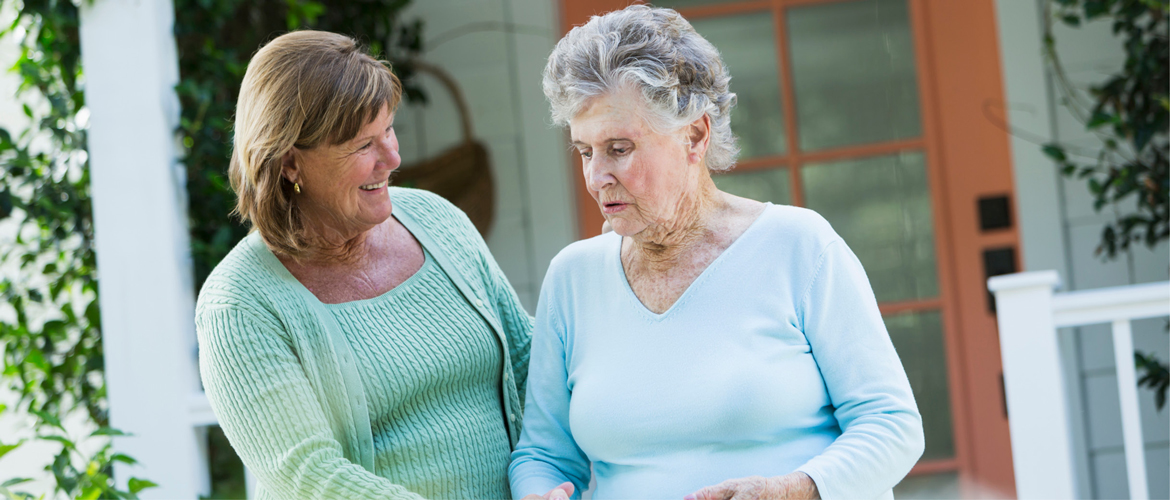COVID-19 resource for caregivers Issue #7 of 10
The James L. West Center for Dementia Care has launched a Tool Kit for lay and professional caregivers who are providing support to persons with dementia during this critical time. To receive ongoing information, contact caregiver@jameslwest.org
Sleep issues in dementia:
It is understood that dementia can affect sleep by disrupting the sleep/wake cycle, and additional changes in sleep patterns can be seen because of prolonged quarantine and social distancing due to COVID-19. Poor sleep may make the symptoms of dementia including the ability to focus and think worse. Here are some sleep issues you might see as dementia progresses:
- Daytime sleepiness and more napping may be seen. This may be related more to being bored rather than being tired. Keeping your loved one engaged in meaningful and stimulating activities during the day will help with daytime sleepiness and may help them to sleep better at night.
- Many older adults wake at night to use the bathroom. They may forget that it is bedtime and not go back to bed. Waking at night and the confusion that results can be one of the most disruptive sleep issues. If your loved one gets out of bed or opens your door, you can ask them if they need something, and then remind them it’s bedtime. It may help to tuck them in and stay with them until they fall asleep. Soft music may help them relax.
- Use visual cues to reinforce that it is nighttime: Ensure bright lights are turned off, blinds are drawn to prevent streetlights from shining in, and consider a motion-sensor nightlight if needed. If the person with dementia goes to bed before the caregiver, try to keep noise at a minimum. Alternatively, during the day, make sure you open blinds and curtains and turn on lights to reinforce the daytime, and try to help your loved one go outside for natural light if possible. Adequate light will also increase mood-boosting serotonin.
- Physical activity will help with sleep. Ensure the older adult gets up and moves around throughout the day.
- Limit caffeine and alcohol late in the day, as these will affect both getting to sleep and sleep quality.
- Some medications can impact sleep. Talk to your loved one’s healthcare provider if a good sleep routine is not effective in alleviating sleep problems.
Sundowning:
Sundowning refers to symptoms of behavior that seem to be worse in the late afternoon and early evening. Your loved one may become restless, say they want to “go home,” or seem more confused, and this may be seen each day at the same time.
- Some believe that sundowning is reflective of life-long patterns, such as leaving work and going home at a certain time of day. Your loved one may be remembering this lifelong end of the day routine and may feel the need to “leave.”
- Others suggest that it is related to changes in sleep patterns, effects of sleep apnea or biological changes. The person with dementia may be tired.
- Older adults living at home may be reacting to end of the day increase in activity such as kids coming home, a caregiver starting to make dinner, and others returning from work and turning on the TV news.
Managing Sundowning Behaviors:
- Since being tired is a common trigger for sundowning behavior, consider opportunities to rest during the day between more active pursuits.
- Limit naps during the day to short (30-60 min naps) so the person with dementia can sleep at night.
- During the late afternoon, switch to more sedentary activities such as listening to music, folding napkins for dinner, looking through a magazine, etc.
The West Center presents this information with the support of the following organizations:
Dementia Friendly Fort Worth – Alzheimer’s Association – United Way Area Agency on Aging – Tarrant Churches Together

